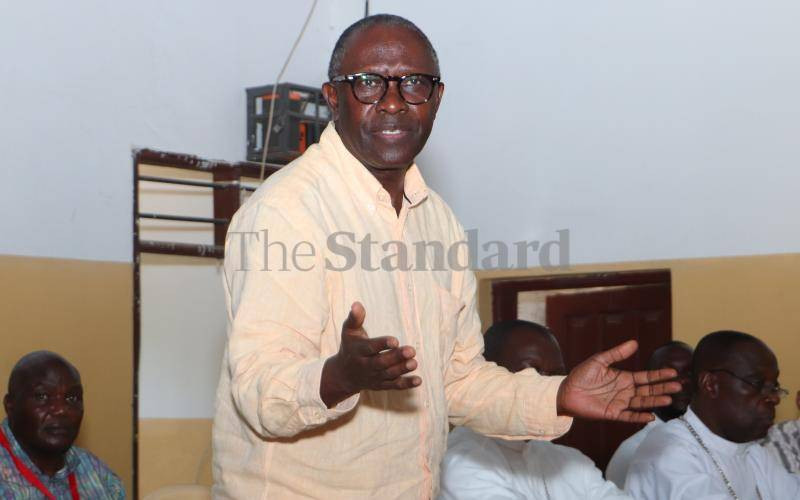×
The Standard e-Paper
Home To Bold Columnists

The presidential task force on the review of the legal and regulatory framework governing religious organizations kicked off to a stormy start when Pastor Ezekiel Odero's lawyers walked out of a session the team had organised in Kilifi County on Thursday.
The 17-member committee, chaired by former National Council of Churches of Kenya secretary-general Mutava Musyimi, is expected to submit, to President Wiliam Ruto, a report that will be adopted to guide the operation of religious institutions in Kenya.